Drug and alcohol detox is always the first and most essential step in addiction recovery. For people who’ve never received professional addiction treatment before, and for those who’ve yet to fully understand the meaning of addiction, detoxing can seem like little more than the process of abstaining. In reality, detoxing is a challenging, high-risk effort in reversing chemical dependence. Unlike drug or alcohol abuse, addiction indicates a heavy, physiological reliance upon the substance that’s being used. For many people, prolonged substance abuse alters both how the brain functions and its overall chemistry. As a result, many aspects of general functioning are affected when substance use is suddenly stopped. The resulting distress is known as withdrawal. The symptoms of withdrawal can range from headaches and nausea to extreme confusion and difficulty breathing. Although many people attempt to detox alone at home, doing so is never safe. Medically assisted detox or detox that’s professionally managed helps gently ease the body away from a state of dependence. This allows normal brain activity to gradually resume, and ensures that changes in basic functioning never spiral out of control. With these services, medication is often used to both alleviate discomfort and maintain overall balance. In drug and alcohol detox centers, patients are constantly monitored to identify ominous changes in their vital signs early-on. Major differences in:
- Blood pressure
- Breathing
- Body temperature
- Cognition
are quickly identified and mitigated. With this support, detox can be safely completed, and all related discomfort can be effectively minimized. In addition to making this portion of recovery much easier, professional detox sets the stage for long-term sobriety.
The Benefits of Medically Managed Detox
During the early stages of drug and alcohol detox, when the physical symptoms of withdrawal are most severe, people have the highest likelihood of relapsing. When going cold turkey, many return to substance use simply to obtain much-needed physical relief. With certain substances, continuing to use in even small amounts can feel like the difference between life and death. Given the incredibly high levels of chemical reliance that certain forms of addiction create, detoxing without a plan for mitigating withdrawal symptoms can actually prove fatal. With medically assisted detox, withdrawal symptoms can even be shortened in their duration. In fact, with alcohol and opioid abuse, addressing withdrawal symptoms when they are still mild can actually prevent more severe and potentially dangerous developments from occurring. This ensures that patients make it through this challenging phase without quitting, and without sustaining serious or even permanent physical injuries. By expediting detox, certain rehab services even make it possible for patients to begin the next phase of addiction treatment sooner. With more accomplished in a shorter span of time, people tend to feel more confident, more motivated, and more physically and emotionally prepared for the work that lies ahead. The symptoms of drug and alcohol withdrawal aren’t purely physical. Changes in brain chemistry and brain activity as the result of substance use can make it difficult for many people to feel emotionally balanced and happy when they aren’t actively using. As physical functioning normalizes, many recovering addicts struggle with:
- Sleeplessness
- Restlessness
- General malaise
- Anxiety
- Depression and feelings of hopelessness
These are among some of the most common post-acute withdrawal symptoms (PAWS) and they represent the brain’s struggle to adapt to the psychological effects of abstinence. During this time, detox centers can continue using medical interventions to promote balance and health. However, they also offer a variety of therapeutic activities and other treatment mediums to help people naturally adjust to sober living. Patients can take part in yoga and meditation classes, art therapy and more. As they’re able, they can also work with counselors in a group or private setting. The goal of treatment at this stage is to offer a variety of ways for patients to comfortably stay the course. Detox services are often followed by a seamless transfer into an inpatient or outpatient addiction treatment program. Depending upon the type of substance a person has used, their length of substance abuse, and their past history of addiction treatment, detox can last anywhere between one and four weeks or longer. If you’re ready to take the first and most important step towards healthy, sober living, we can help you find all of the services and support you need. Call us today at 424-499-2603.










